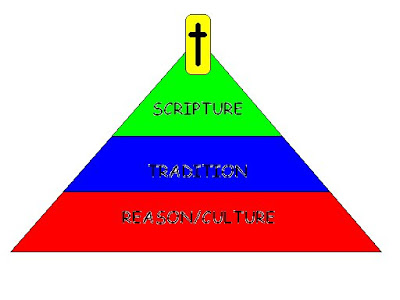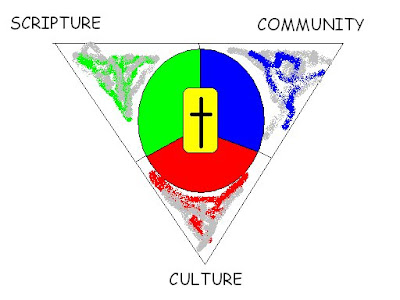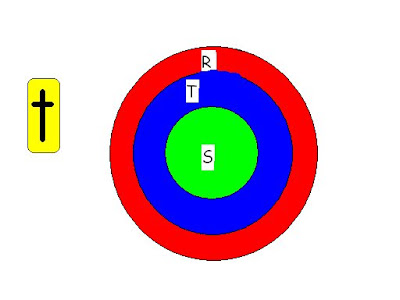Before there were parishes in England, there were Minsters. ‘Minster’ is simply another word for monastery, or monastic community. However, these Minsters were not enclosed orders, they were instead the central social and economic hub for a network of communities. The Minster church was a place for pursuing worship, prayer, study and formation in discipleship. There was room for specialisation in ministries given the concentration of resources, and these served as a resource for the surrounding communities known as parochiae – what became the parishes. The Minster model was fundamentally missional in orientation and concerned with evangelising and nurturing those local communities.
The parish model succeeded the Minsters principally because the Minsters were successful in that evangelisation. The local communities, converted to the gospel, raised sufficient resource to employ their own local minister – often with the support of a wealthy local landlord who saw the establishment of a church on his land as a feather in his cap – and so, over time, was born the classic pattern of the English parson – the George Herbert model. In this context the work of the church was primarily one of pastoral care and maintenance, with the local minister being a more or less capable jack of all trades, providing for the sacramental and pastoral needs of the local community.
There are several pressures acting upon the church today which, to my mind, make the restoration of the Minster model the way forward for the church.
Amongst those pressures are:
– the contraction of clergy numbers over time. The broader pattern is familiar, but I was surprised to discover recently that the local pattern is more alarming than I had realised – the Colchester area (ie North Essex) is facing a decline in stipendiary clergy of two posts per year for the foreseeable future;
– the need for, and embrace of, the ministry of all the baptised, in this diocese called ‘Ministry as Partnership’, which has allowed a great many gifts to be explored and expressed in the life of the church;
– an acknowledgement of the collapse in Christian belief amongst the wider population, and therefore the necessity to shift to a more missional model of church.
We are now in a situation where the evangelistic success of the Minsters of England, a thousand years ago, has been destroyed. The population of England has just enough exposure and inherited acceptance of Christianity to inoculate it from genuine commitment and discipleship. In this context the inherited pattern of Christian life – local parishes and the George Herbert model of ministry – are incapable of being obedient to our Lord’s command to ‘go out and make disciples of all nations’.
Other people writing on related themes this month:
Phil Wyman at Phil Wyman’s Square No More
Beth at Until Translucent
Adam Gonnerman at Igneous Quill
Steve Hayes at Notes from the Underground
Jonathan Brink at JonathanBrink.com
Sally Coleman at Eternal Echoes
Brian Riley at at Charis Shalom
Cobus van Wyngaard at My Contemplations
Mike Bursell at Mike’s Musings
David Fisher at Cosmic Collisions
Alan Knox at The Assembling of the Church
Erin Word at Decompressing Faith
Sonja Andrews at Calacirian



